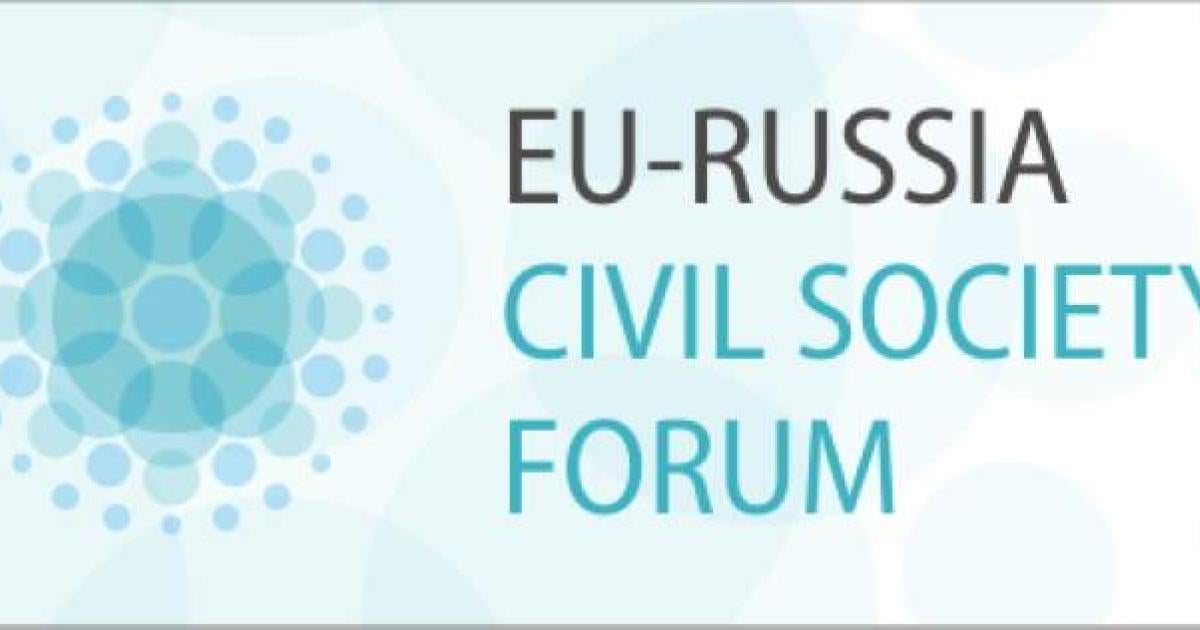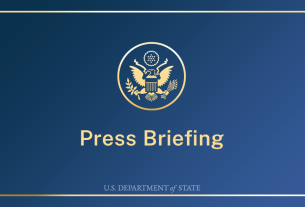This week, Russia’s prosecutor general designated as “undesirable” the EU-Russian Civil Society Forum, a prominent nongovernmental organization promoting cooperation between Russian and European civil society groups and activists.
Under Russia’s insidiously expanding legislation on “undesirable” organizations, the authorities can ban any foreign or international group by claiming they undermine Russia’s security, defense, or constitutional order. On its face, the sinister law, adopted in 2015 and toughened through draconian amendments in recent years, seems to specifically target non-Russian entities. However, its real purpose is to isolate and marginalize Russian groups and activists by cutting them off from their international support networks. “Continued involvement” with “foreign undesirable organizations” is a prosecutable offense, punishable by up to six years’ imprisonment. At this writing, a Russian pro-democracy activist is serving a four-year prison term having been accused of “undesirable” involvement.
The EU-Russia Civil Society Forum is the 83rd group to be designated. Among the recent additions to the “undesirables” register are Transparency International, a leading global anti-corruption network, and The Andrei Sakharov Foundation, an American organization working to safeguard and promote the legacy of the Nobel-prize winning physicist who became a leader of the human rights and pro-democracy movement in the USSR.
The Prosecutor General’s Office alleged that the Forum worked to “discredit the leadership of the Russian Federation” and “undermine Russia’s interests.”
The designation is revolting but not surprising. In the past decade, the Forum has become a key platform for Russia-EU civil society contacts and a vital source of support for Russian rights defenders and civic activists. It has provided space for open debates on issues of mutual concern, exchange of best practices and conceptualization of joint human rights and democracy initiatives.
Relations between Russia and the EU have disintegrated in light of Russia’s war against Ukraine, marked by Russian forces’ indiscriminate shelling, extrajudicial killings , enforced disappearances, torture of countless civilians, and other apparent war crimes. Russian groups’ and activists’ engagement with European counterparts has become instrumental to sustaining efforts to return Russian to the rule of law and democracy.
Russian authorities’ efforts to isolate Russian human rights defenders by banning the Forum, are contemptable, but as those same defenders emphasized in their support for the Forum, “solidarity is stronger than repression” and the dialogue between Russian civil society and Europe will continue despite, and in defiance of, the ban.



